Affiliate links on Android Authority may earn us a commission. Learn more.
Signal: What is it and why is everyone talking about it?
Published onJanuary 20, 2023
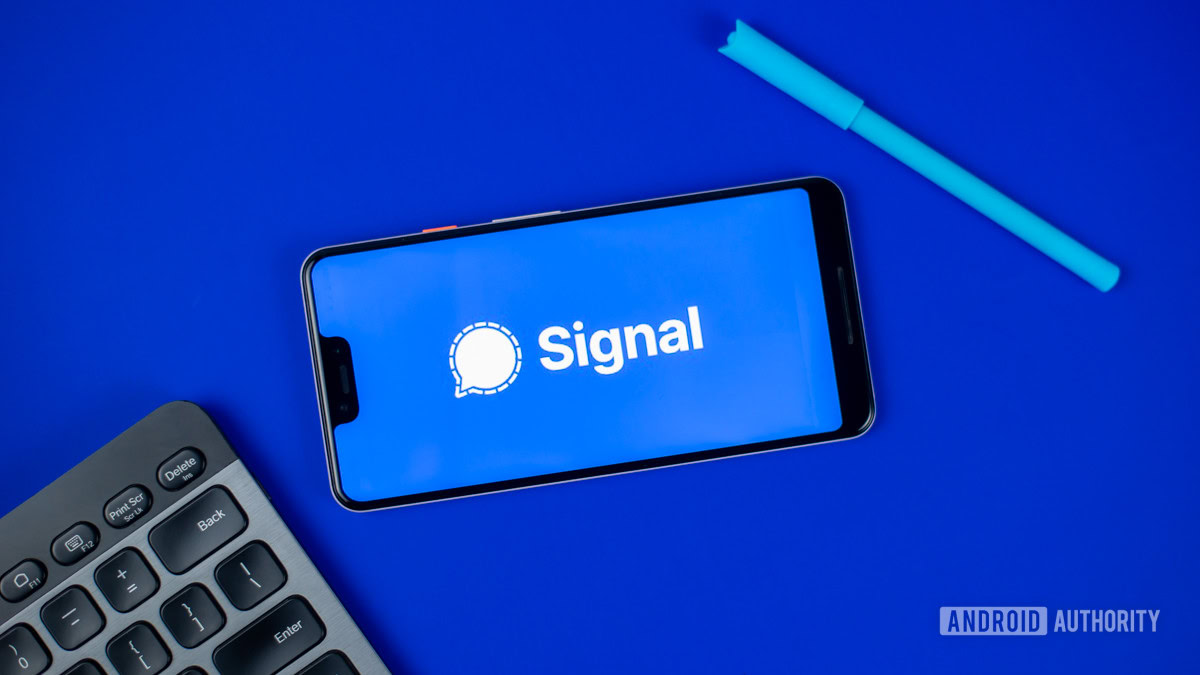
More and more people are expressing concerns over using popular use messaging apps like Twitter, Instagram, and even standard SMS services. They feel that these apps and services are not secure enough to ensure privacy. That’s while we have seen a huge swell of interest for the Signal app.
Read More: Best private messaging apps
The Signal app is free to download and was developed to send encrypted text, image, audio, and video messages to individuals and groups. It can also be used for encrypted phone calls between Signal users for mobile users. Here’s a quick look at what this app is all about, and why there’s been a sudden surge of new users for it.
What is Signal?
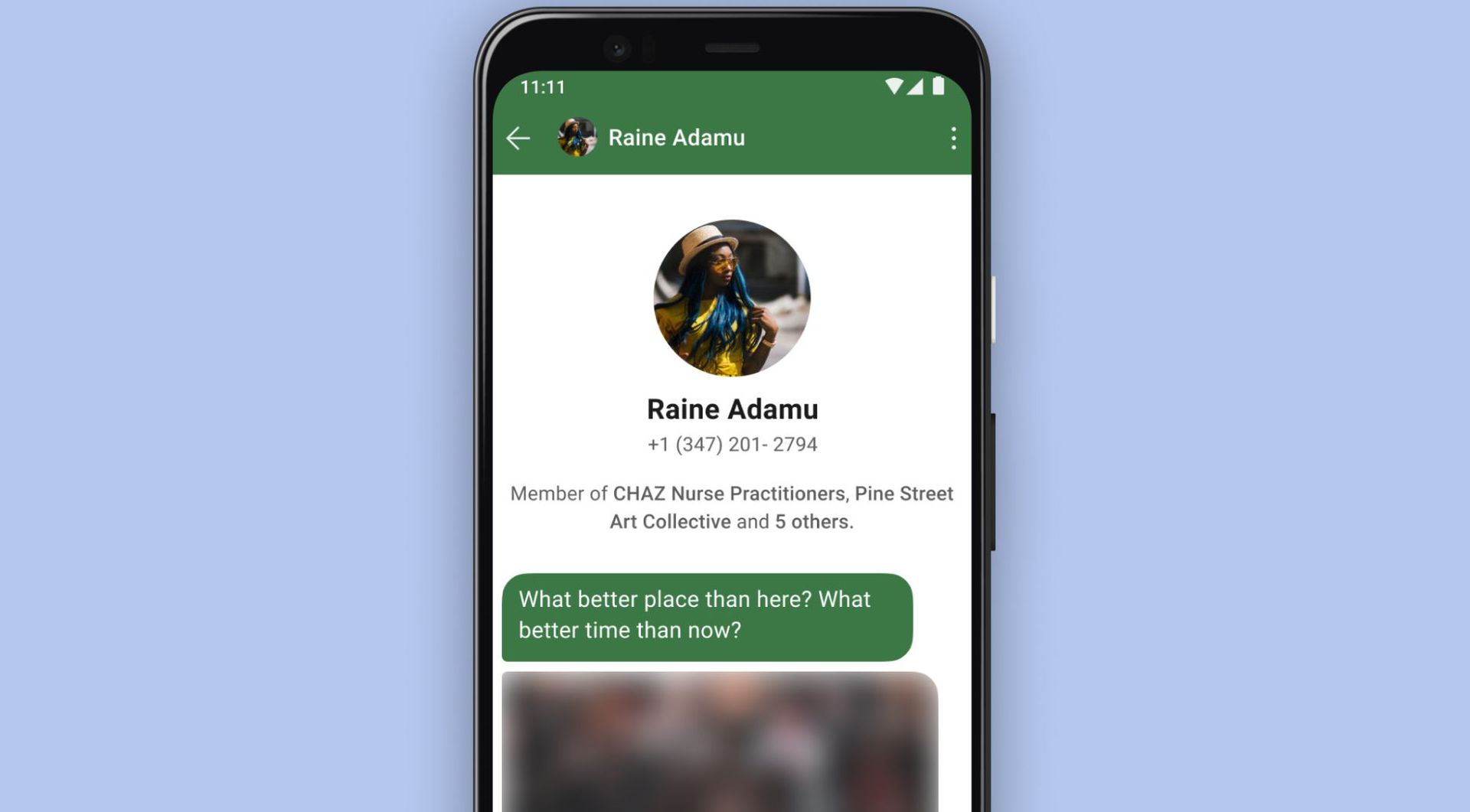
Signal is a communication app that supports messaging, voice and video calls, and more. It’s fully cross-platform, free, open-source, and features end-to-end encryption. This makes it a popular choice for users looking for enhanced privacy and security.
The origins of the Signal app go back to 2010, when a company called Whisper Systems first launched two Android apps: TextSecure, which encrypted text messages, and RedPhone, which did the same for voice calls. In 2011, the company was bought by Twitter and the apps were released as free open-source software.
Read also: WhatsApp vs Telegram vs Signal
In 2013, one of the founders of Whisper Systems, Moxie Marlinspike, departed Twitter. He formed another startup, Open Whisper Systems, and continued to develop TextSecure and RedPhone. In 2014, it was announced that the company would merge the two apps into one, with the new name Signal. In 2018, Marlinspike and WhatsApp co-founder Brian Acton formed the non-profit Signal Foundation to continue the development of the app and to keep it free and open-source software.
In recent years, there’s been a surge of new downloads for Signal. Most people believe it’s due to changes to another popular encrypted messaging service, WhatsApp. In early January 2021, WhatsApp revealed that it will change its terms and services agreement, saying that it will start sending personal data to its parent company Facebook. This began officially sometime in 2021.
Obviously, many WhatsApp users didn’t like the change and have since moved on to other chat apps like Signal and Telegram.
What platforms support the app?
Signal is available for iOS and Android devices and is also available for PCs running on Windows, MacOS, and Linux. The program is also open-source, so developers are encouraged to create their own clients. You can download it on Android via the button below.
How does the Signal app work?
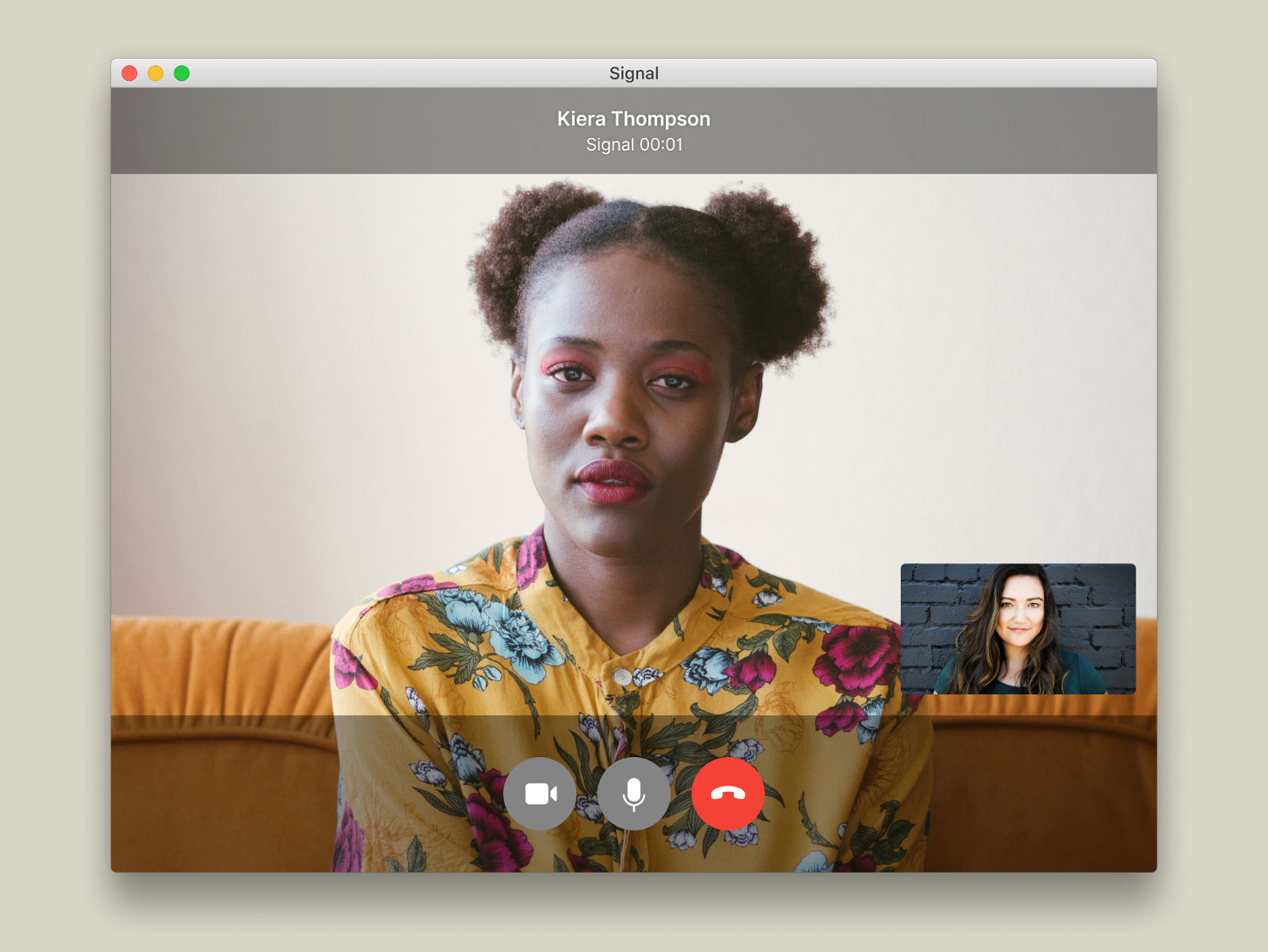
The app uses its own open-source Signal Protocol to provide encrypted end-to-end communication between Signal users. That includes encrypted text, group chats, voice messages, photos, and videos for iOS, Android, and PC owners.
The creators of the app insist that not only are messages encrypted, but all of the metadata in those messages are hidden as well. In other words, if you have a Signal chat with someone else, only the person who gets your messages will see it.
The Android version can also serve as a phone’s SMS or MMS app, although those text messages won’t be encrypted. The mobile version also supports encrypted voice and video calls. In October 2020, the Signal Foundation announced it had officially added voice and video calls for its PC and iPad apps as well.
Read more: How to encrypt Android devices
The Signal app has also expanded its support for group chats. Group admins can be selected, which can add or remove people from the group. There’s also support for @mentions if you want to emphasize a certain person in a group chat. Group links can also be sent out for anyone to join a Signal group.
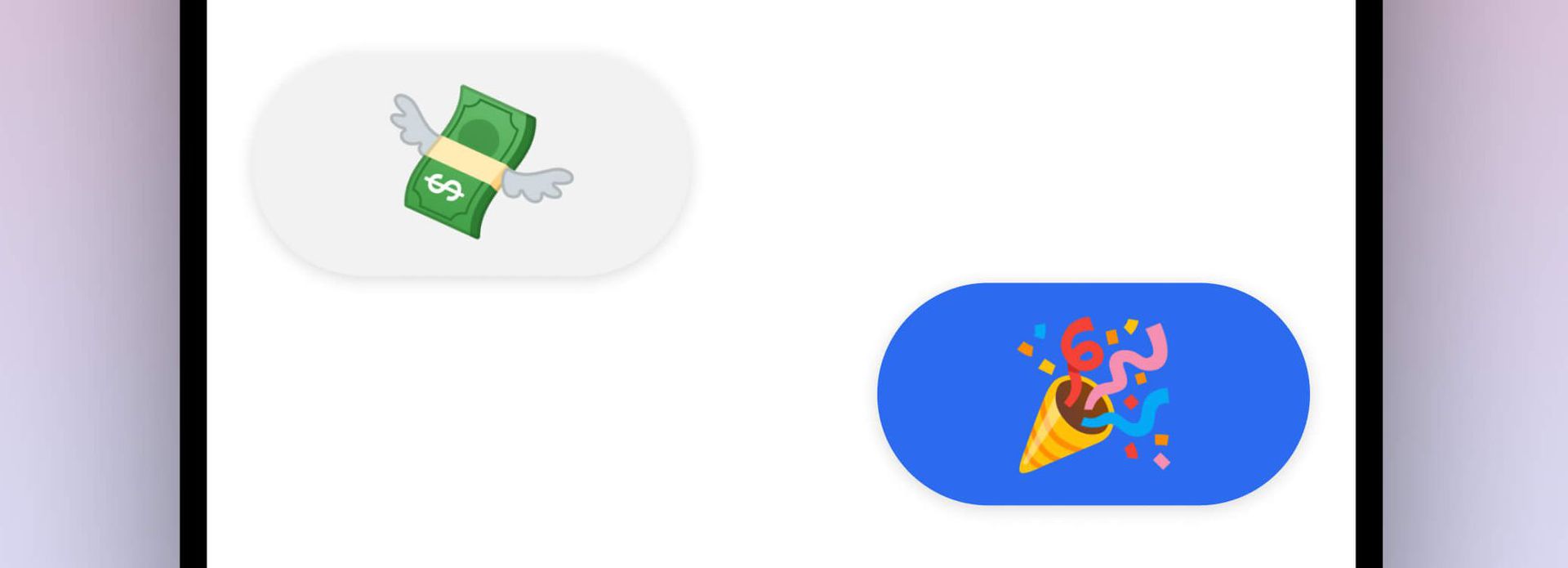
In April 2021, Signal requested beta testers in the UK to check out a new mobile payment feature. As with its messages, payments would be highly encrypted, using a network called MobileCoin, which also has its own currency, MOB. Beta users can send and receive payments from family and friends. As of 2023, the feature is now available in the main app in select countries.
Also, since the app’s development is being funded by a non-profit corporation, there’s no financial incentive to sell any data. There are no ads and the app will remain free to download and use. Plus, since it’s open-source software, anyone can contribute to its development.
What do the experts think?
The Verge reports that In February 2020, the European Commission sent a note to its staff members, stating that the Signal app was now the “recommended application for public instant messaging.” Twitter founder and CEO Jack Dorsey is a huge Signal supporter as well. In June 2020, Vox reported that the app was one of the top 10 most downloaded social apps on iOS, at the height of the massive global Black Lives Matter protests.
Read More: Android privacy guide
Even the United States armed forces use the app. MilitaryTimes reports that the 82nd Airborne’s Task Force Devil, which was deployed to the Middle East in January 2020, was asked to use the Signal app on their smartphones. One thing seems clear: the app gets more popular when there are greater concerns about privacy, or lack thereof, in standard messaging apps.
Is the Signal app safe?
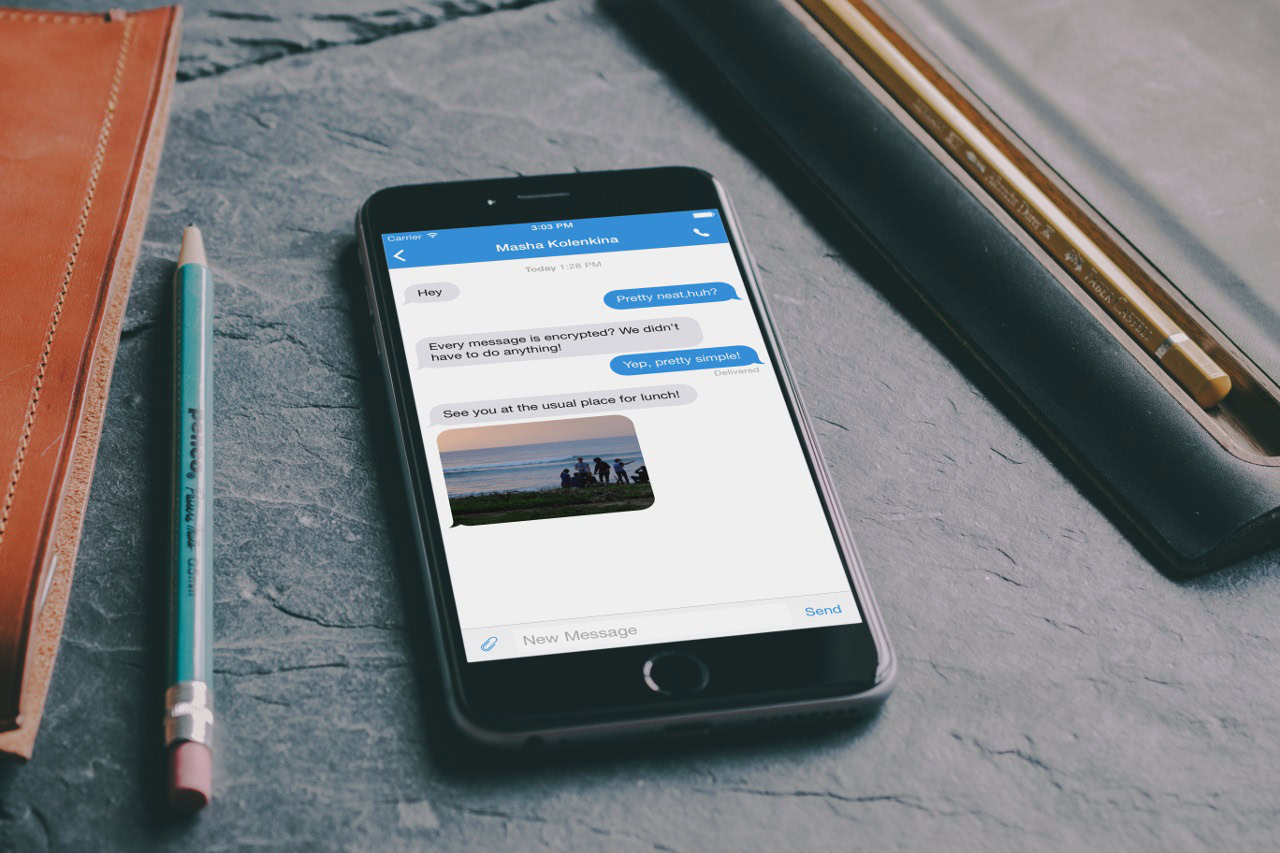
Signal features end-to-end encryption for both messages and voice calls, making it a safe choice for any user. WhatsApp and Telegram also feature encryption, but each has other security concerns that make them slightly less attractive for the security-conscious.
WhatsApp, as mentioned earlier, is owned by Facebook. Although it features end-to-end encryption on messages, WhatsApp will be integrated into the Facebook ecosystem for ads or other data collection. And that will likely come with a loss of privacy and security features.
Signal has a smaller userbase, but it's likely more secure than Telegram or WhatsApp.
Telegram sidesteps these concerns by being privately owned and funded by Russian tech-mogul Pavel Durov. Before you ask, no, he does not have any ties to the Russian government. In fact, he fled the country and his company is currently based in Dubai.
However, Telegram doesn’t employ end-to-end encryption by default. You have to switch to the “secret chats” feature in order to be more secure. Telegram also relies more heavily on the cloud, which means it’s more multi-device friendly but slightly less secure. Learn more about it in our Telegram guide here.
Ultimately, Signal is probably the safest and most secure chat app you can use. There is a reason why everyone from journalists to US Senators to protesters around the world use it.
How many people use the app?
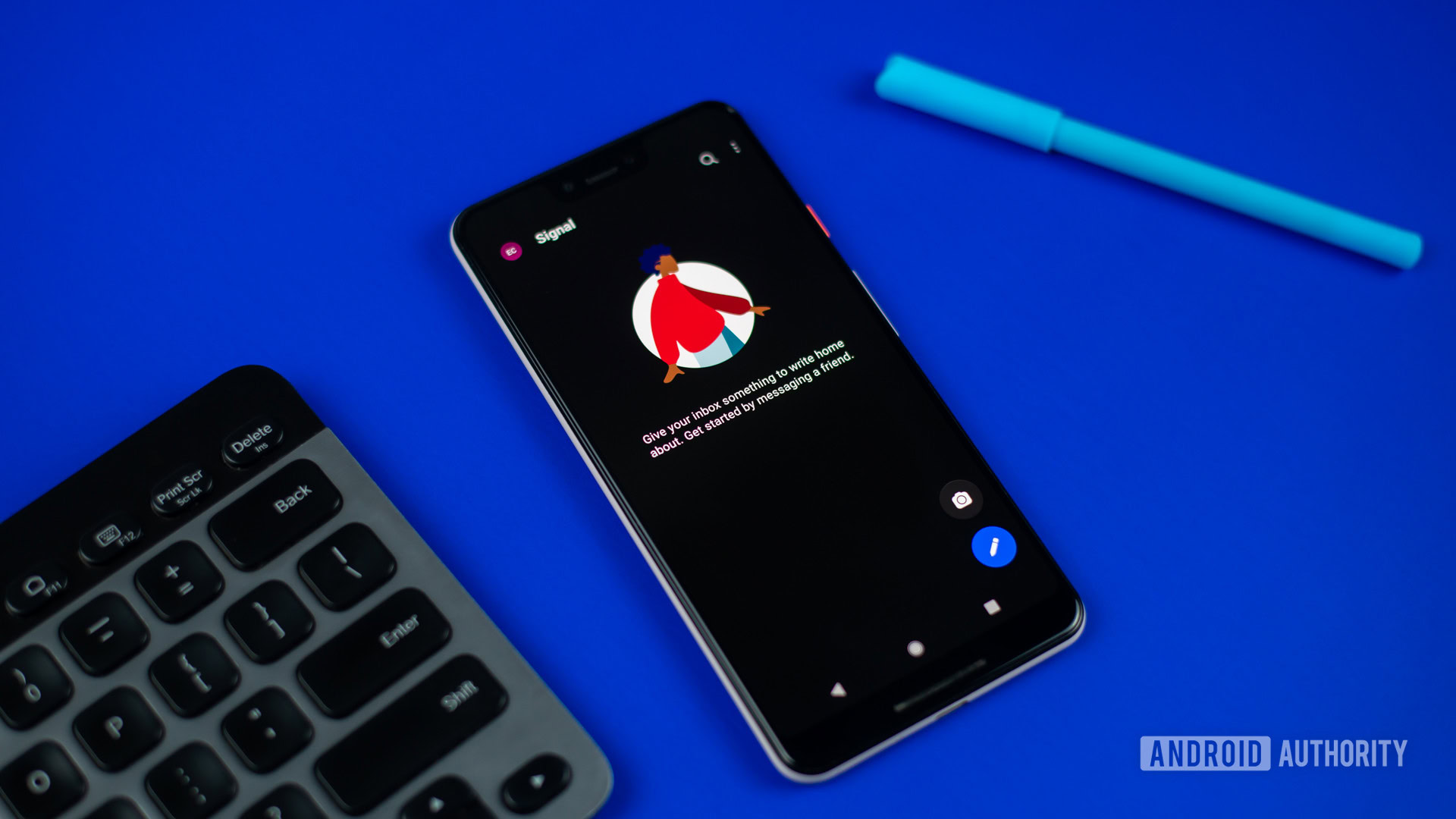
The Signal Foundation has never disclosed how many daily or monthly users the app has. However, we do know, via the Google Play Store listing, that the Android version of the app has been downloaded over 50 million times.
We also know that the Signal app received a huge swell of users in early 2021, temporarily causing the servers to fail. Still, it’s nowhere near as popular as heavy hitters like Facebook Messenger and WhatsApp. Even other relatively niche chat apps like Telegram boast far more users.
Other frequently asked questions
Yes. If you make a voice or video call with the app and connect to someone who is also using the app, those calls are fully encrypted, end-to-end.
Since messages have their metadata hidden, that should keep your Signal messages from being hacked. Even if someone could intercept a Signal message, they could not read it because the message is encrypted. Furthermore, hiding the metadata means that the location of the original message is removed as well.
The Android and iOS versions of the app can make video calls to individuals, and the PC and iPad apps recently added this feature.
Yes, Signal supports group calls for up to 40 people.
Yes, the app is free to use for everyone. There are no features or services locked behind a paywall.
The app is currently banned in Iran and China. It’s also blocked (but still accessible via domain fronting) in Egypt, the United Arab Emirates, Oman, and Qatar.
The Signal app is developed by Signal Messenger LLC, which is part of the non-profit organization the Signal Foundation. It’s chaired by Brian Acton, Moxie Marlinspike, and Meredith Whittaker.